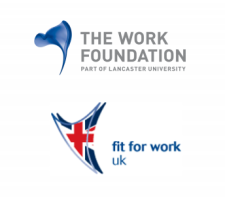September 23, 2014
Over half of employees think workplace screens are damaging their eyes
 One of the potential hazards of the incursion of digital devices into our lives is the fact that the average person’s screen time has increased since a generation ago, when watching too much TV was said to be bad for our eyes. However, workers still blame their working environment and the rather anachronistic tool, the VDU for any resultant eye troubles. According to new research more than half of UK employees say their current working environment has had a negative impact on their eye health. In Westfield Health’s recent survey of 7,000 UK workers, conducted just ahead of this week’s National Eye Health Week, fifty three per cent of respondents say their current working environment has affected their eye health, or their vision has got worse as a result of work. Headaches, blurred vision, eye strain and dry eyes are just some of the eye related problems employees associate with their jobs. More →
One of the potential hazards of the incursion of digital devices into our lives is the fact that the average person’s screen time has increased since a generation ago, when watching too much TV was said to be bad for our eyes. However, workers still blame their working environment and the rather anachronistic tool, the VDU for any resultant eye troubles. According to new research more than half of UK employees say their current working environment has had a negative impact on their eye health. In Westfield Health’s recent survey of 7,000 UK workers, conducted just ahead of this week’s National Eye Health Week, fifty three per cent of respondents say their current working environment has affected their eye health, or their vision has got worse as a result of work. Headaches, blurred vision, eye strain and dry eyes are just some of the eye related problems employees associate with their jobs. More →























October 6, 2014
Two-fifths of global employees would choose flexible working over a payrise
by Sara Bean • Comment, Flexible working, News, Workplace